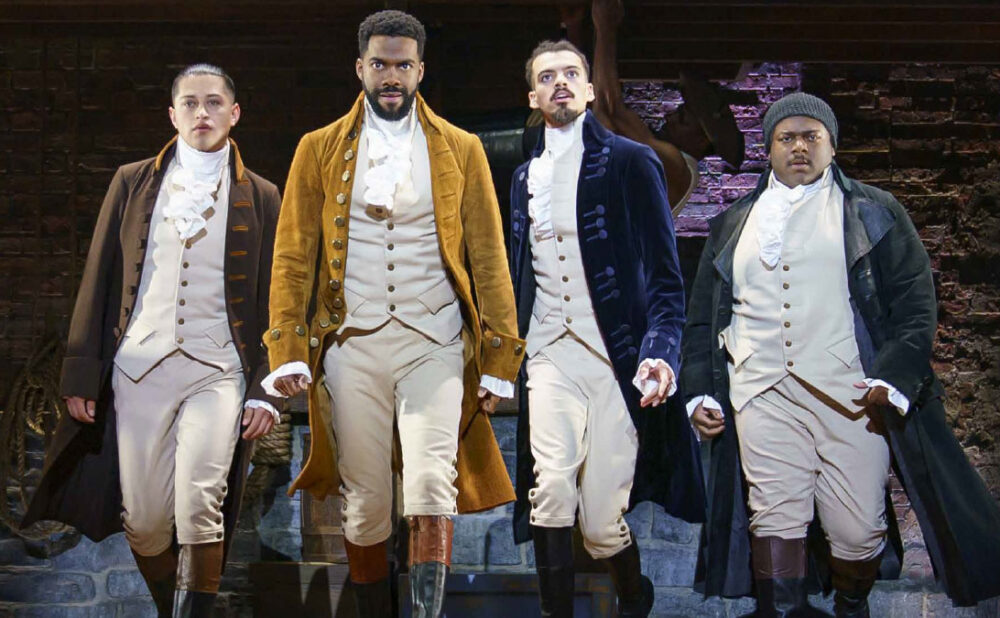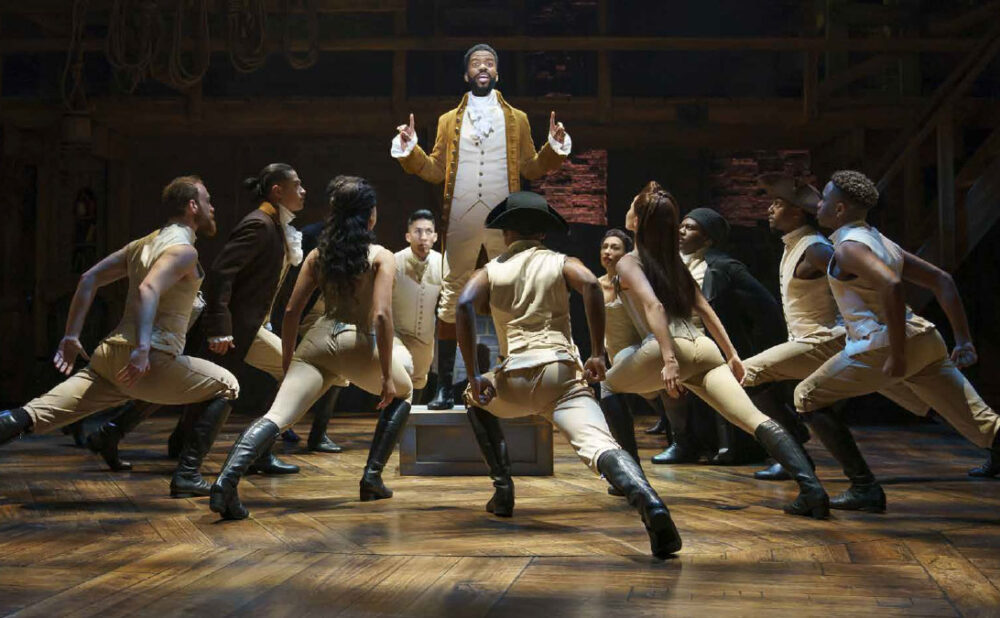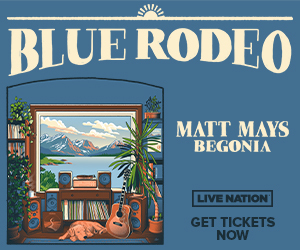Hamilton feels different than back on Broadway in 2015
Play’s hopeful promise seems quaint after Trump’s destructive reign
What: Hamilton
Where: Princess of Wales Theatre, 300 King St. W.
When: Now, until Sun., Aug. 20
Rating: NNNN (out of 5)
THE FIRST TIME I saw Hamilton was on Broadway in the summer of 2015, just weeks after the opening of the unlikely hit that mastermind Lin-Manuel Miranda created and frenetically starred in. Its hip-hop soundtrack, dance moves and sensibility were as fresh and full of hope as the administration of recently re-elected Barack Obama, the country’s first Black president. People of colour were literally and metaphorically taking over the American White House.
As I sat perched in the elegant Richard Rodgers Theater near Times Square, the Black actors clad in brightly coloured, colonial velvet, bouncing to big beats felt subversive, like an occupation force of boundary-smashing rebels, similar in spirit to the historical figures they were portraying.
If a Black person can finally be elected U.S. president, why can’t people of colour reinvent Broadway?
Watching the excellent, opening night touring production of Hamilton in Toronto this week, the play reads a little differently.
The hope that infused the original production, and the sense of revolution its casting, soundtrack and choreography suggested, feels spent. Not because of the performances but because of the times.
It’s hard to muster a lot of hope for America in 2023. Donald Trump’s election felt like payback for the promise of Obama, a small-pox-infested blanket smothering the light. Armed insurrection at the Capitol and a U.S. more divided than at any time since the Civil War can make hope for the country feel like quaint nostalgia.
And rather than challenging the status quo, are the Black actors now just participating in feeding the toxic myth of American Exceptionalism? Does having Black actors playing white men who “owned” African-Americans make it easier to forget the foundational sin of slavery that haunts the U.S. to this day?
These are just troubling thoughts that tug at me during the amazing performances of irresistible songs that I am seeing in a time much different than when it was written.
Near the end of Hamilton, we are told yet again that America is a land where an immigrant can achieve anything, Hamilton is from the Caribbean, yet these words ring hollow when immigrants are reviled, even hunted as party policy supported by millions in the U.S. Are we allies or accomplices for cheering at this celebration of Americanism?
And as bodies continue to pile up in U.S., schools, shopping malls and places of worship, watching a play celebrating the U.S.’s “founding fathers,” who routinely shoot at each other to settle differences, seems a barbaric foreshadowing of the nation to come.
In a post-Me-Too world, it’s easy to wonder why, as he overturned racial roles, Miranda didn’t equally invest in challenging gender roles too. What if one of the American white male generals was played by a woman? The women of Hamilton are literally consigned to the edges, with most of them part of a silent Greek chorus who slink about at the corners of the scenes.
The sisters at the centre of Hamilton’s world, including his cockled wife and her siblings, are very much secondary characters, sometimes reduced to pining for men, not unlike Nancy’s heartbreaking longing for her Bill in Oliver! from way back when.
I’m not saying Hamilton isn’t/wasn’t a revolutionary play, and I absolutely fell under its spell when I first saw it, celebrated it and was thrilled that hip hop could power a major Broadway hit. And I still love the current production.
But I am struck by how much recent history affects Miranda’s view of history, the story hasn’t changed but the world around it has. And something that once felt as fresh and full of hope as a sunny summer morning now operates under a cloud of present-day reality and recent history of our own.








